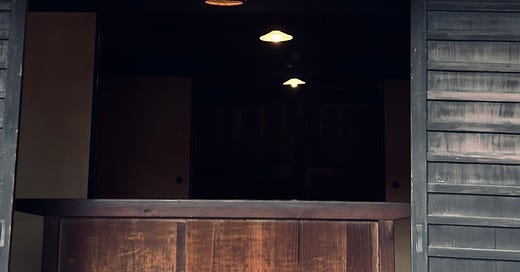If we remove time from the equation of a work’s development, what we’re left with is patience. Not just for the development of the work, but for the development of the artist as a whole. Even the masterpieces that have been produced on tight timelines are the sum of decades spent patiently laboring on other works.
There's something humbling about watching a barista at work - the quiet competence in how they handle their tools, the way they seem to anticipate each customer's preferences before they speak. Each pour represents countless hours of practice, all in service of making someone else's morning a bit brighter. It highlights an intimacy between craft and care that feels increasingly rare in software engineering, where direct connection between maker and user has largely faded.
The promise of AI feels like it could bridge this gap - not by making things more automated, but by finally letting us build tools that truly get out of the way. Instead of trapping users in our carefully constructed ecosystems, we could create software that acts more like a mirror, reflecting back what matters most to them.
But this requires letting go of the impulse to make everything a platform, to gather more data, to optimize for engagement. It means embracing a different kind of craft: one measured not in daily active users, but in moments where technology fades into the background and people feel truly seen. As I build tools for thought these days, I find myself returning to this ideal - not to make ourselves known as creators, but to help others know themselves better.




